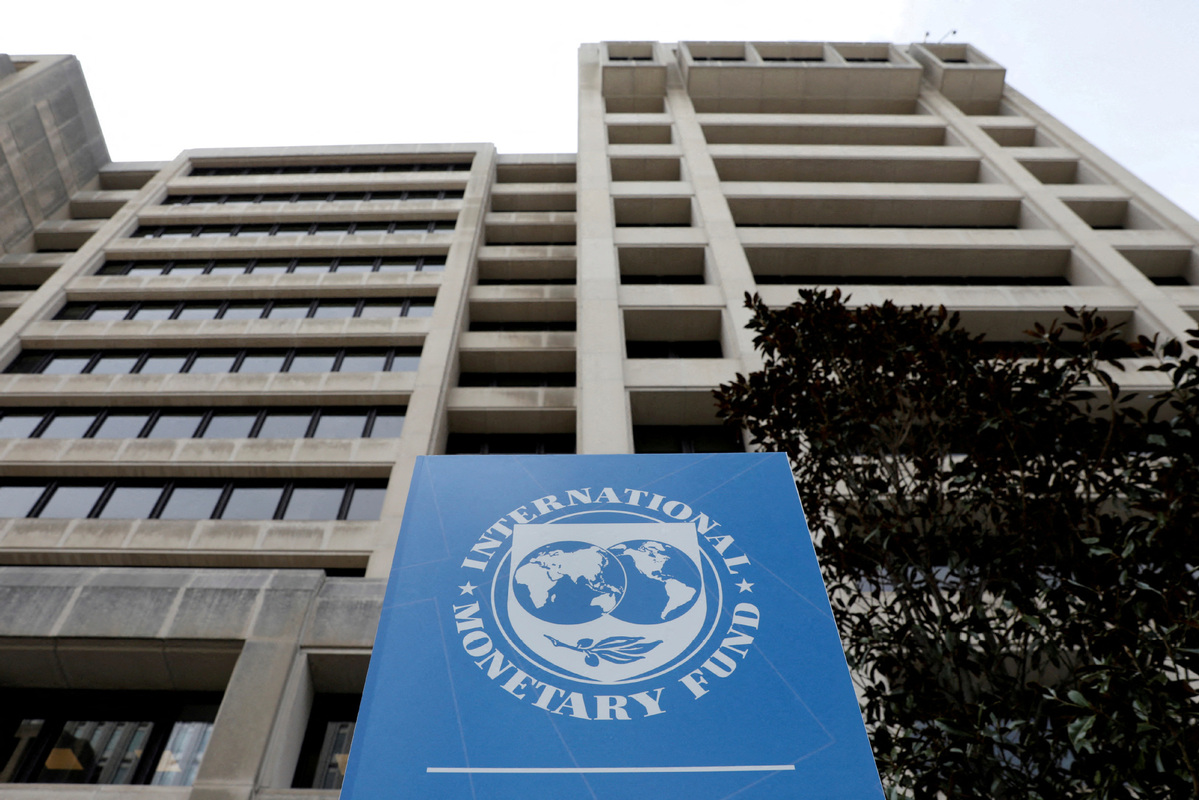Global public debt expected to cross $100 trillion
By JONATHAN POWELL in London | China Daily Global | Updated: 2024-10-16 09:57

Global public debt is poised to surpass $100 trillion for the first time, with the International Monetary Fund warning on Tuesday that it could grow faster than anticipated because of political pressures for increased spending.
The IMF's latest Fiscal Monitor report paints a concerning picture of global public debt, projecting it to reach 93 percent of the world's GDP by the end of the year and nearly 100 percent by 2030 — 10 percentage points higher than in 2019, before the COVID-19 pandemic hit.
The trend is exacerbated by sluggish economic growth, which increases borrowing needs and costs for governments, the report said.
Published just days before the IMF and World Bank's annual gatherings in Washington, the Fiscal Monitor suggests that future debt levels could even exceed current projections, Reuters reported.
"Fiscal policy uncertainty has increased and political red lines on taxation have become more entrenched," the report said. "Spending pressures to address green transitions, population aging, security concerns, and long-standing development challenges are mounting."
The IMF's warning came just three weeks before the United States presidential election where both candidates have pledged new tax reductions and spending initiatives that could add trillions of dollars to federal deficits.
Republican presidential candidate Donald Trump's proposed tax cuts would contribute about $7.5 trillion in new debt over a decade, according to estimates from the Committee for a Responsible Federal Budget, a fiscal policy think tank.
This is more than double the $3.5 trillion debt increase projected from plans of Democratic candidate Vice-President Kamala Harris.
The IMF report said debt projections often fall short of actual outcomes by substantial margins. It finds that realized debt-to-GDP ratios, when measured five years into the future, typically average 10 percent higher than initially forecasted.
It presents a "severely adverse scenario" incorporating these elements, which projects global public debt potentially reaching 115 percent in only three years, which would be a figure 20 percentage points above current forecasts.
The IMF reiterated its call for increased fiscal consolidation, emphasizing that current efforts averaging 1 percent of GDP from 2023 to 2029 are inadequate to stabilize debts.
"Postponing adjustment will only mean that a larger correction is needed eventually, and waiting can also be risky, because past experience shows that high debt and lack of credible fiscal plans can trigger adverse market reactions and can limit the room that countries have to deal with future shocks," said Era Dabla-Norris, the IMF's deputy director for fiscal affairs.
She said cuts in public investment or social spending tend to have a much larger negative effect on growth than more poorly targeted subsidies such as for fuel.
Agencies contributed to this story.
























